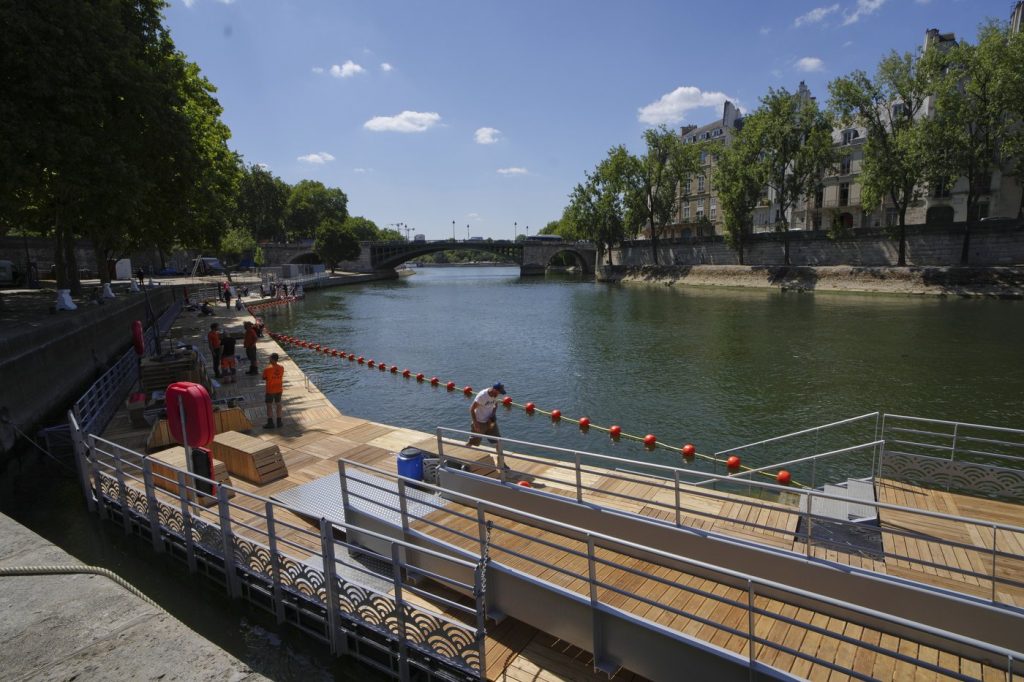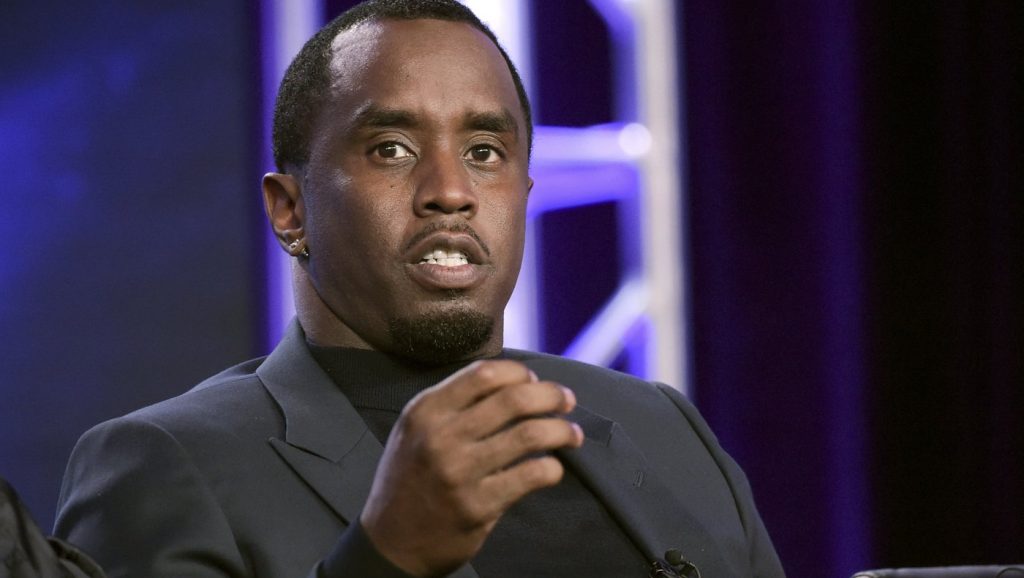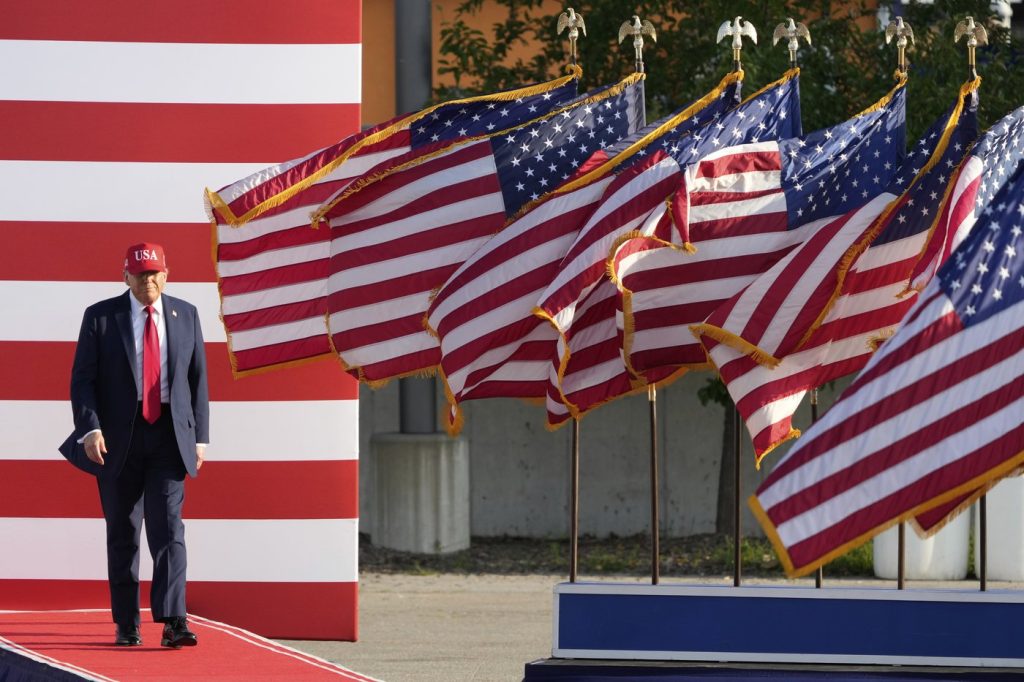For the first time in over a century, Parisians and tourists will be able to swim in the River Seine this summer, thanks to a substantial 1.4 billion euro ($1.5 billion) cleanup project aimed at revitalizing the waterway. This initiative has made the water suitable for Olympic competitions that took place last year. Three designated swimming spots along the Seine will open on Saturday, located near iconic landmarks such as the Notre Dame Cathedral, the Eiffel Tower, and in eastern Paris.
Swimming in the Seine has been illegal since 1923 due to concerns about pollution and navigation hazards, with only a few exceptions. However, swimming is still prohibited outside of designated areas for safety reasons. The Seine is set to feature prominently in the 2024 Paris Olympics, hosting the opening ceremony, triathlon, and marathon swimming events. Preparations for the Games faced challenges, including bacteria levels increasing due to rainfall, which led to the postponement of some competitions.
The city authorities have approved public swimming, as water quality monitoring has consistently met European regulations. Deputy Mayor Pierre Rabadan emphasized that water is tested daily, with different colored flags indicating swimming safety: green for good quality and red for poor quality or strong currents.
Sports coach and influencer Lucile Woodward described the opening of the Seine for swimming as a "symbolic moment" for Paris. Woodward, who plans to participate in the first amateur competition on Sunday, expressed optimism about the event and the potential for community enjoyment. "For families, going to take a dip with the kids, making little splashes in Paris, it’s extraordinary,” she noted.
Efforts to clean the Seine have included the establishment of new disinfection units and a large storage basin designed to prevent bacteria-laden wastewater from entering the river during rainstorms. Moreover, houseboats that once discharged sewage directly into the Seine have been connected to municipal sewer systems, and improvements have been made to wastewater systems upstream.
Despite the encouraging water quality results, skepticism remains among some Parisians. Dan Angelescu, the founder and CEO of Fluidion, has conducted independent tests of the Seine's water quality and claims that while it meets current regulations, the official testing methods might underestimate bacterial levels. "The water quality in the Seine is highly variable," he stated, suggesting that there are only a few days each swimming season where the conditions might be deemed acceptable.
Many locals share similar concerns, with some prioritizing cleanliness over safety. One resident, Enys Mahdjoub, mentioned feeling “a bit disgusted” at the idea of swimming due to the river's murky appearance and litter. However, the excitement surrounding the public swimming initiative is palpable, and efforts are underway to ensure safety and enjoyment for all participants.
Swimming spots will be available free of charge until the end of August, with scheduled swimming times for individuals aged 10 and older, depending on the location. Lifeguards will be on duty to ensure safety during the inaugural swims. As project manager Clea Montanari expressed, "It’s an opportunity, a dream come true." She also conveyed hopes that one day the Seine will be clean enough for drinking, recognizing the achievement of allowing swimming as a significant milestone.












